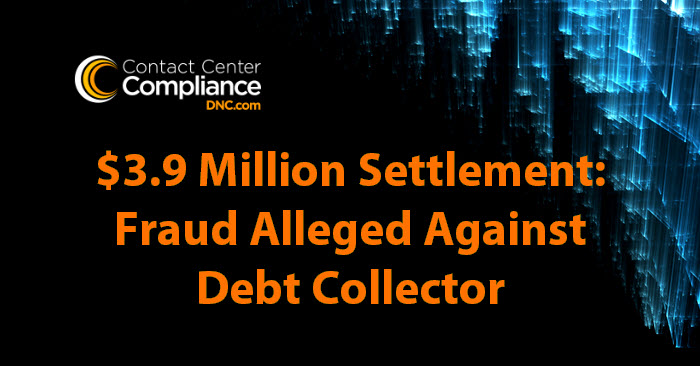Palisades Collection has settled a $3.9 million lawsuit in which the debt collector is alleged to have unlawfully sued customers of AT&T Wireless for the collection of debt. The lawsuit involves default judgements granted against debtors which later allowed Palisades to legally freeze their bank accounts and garnish wages.
The Facts
In July 2004, Asta Funding purchased several million dollars of defaulted consumer debt from AT&T Wireless for pennies on the dollar. The data they received was limited and did not include documentation confirming their wireless debt. Without first verifying their debts, Asta passed the account holders records on a subsidiary, Palisades Collection.
Over 1,200 Sued In One Week
Between 2005 and 2007 Palisades Collection used the records to file 60,000 mass debt collections lawsuits in New York City. They won over 48,000 of those lawsuits and were awarded millions of dollars in judgements. Success was easy due to a majority of the alleged debtors not showing up in court. By not showing, default judgements were issued against them. In a few instances the alleged debtors succeeded at having the judgments vacated and insisted on proceeding to trial. When that happened, Palisades would either admit they were unprepared for trial or press for a settlement.
The Lawsuit
In March of 2014, seven plaintiffs filed a class action lawsuit in New York City Civil Court claiming that Palisades Collection had engaged in several improper debt collections practices. The lawsuit alleges violations of the Fair Debt Collections Practices Act and the U.S. Racketeer Influenced and Corrupt Organization Act.
The specific allegations against Palisades included:
- Insufficient Evidence: Suing alleged debtors without sufficient evidence that the debt was owed.
- False Statements: Making false statements in court documents without proper legal review.
- Not Providing Notice: Failing to notify defendants that they were being sued, yet informing the court that they had been properly notified.
The lawsuit claims deceptions by Palisades resulted in judgements that were improperly won. A majority of alleged debtors did not appear in court to defend themselves because they were never notified of the legal actions against them. In fact, only 6% of those sued by the Palisades showed up in court in 2007. Still, Palisades claims notice was sent. When alleged debtors failed to appear, the court issued default judgments against them.
In 2007 Only 6% Of Those Sued Showed Up In Court
After securing default judgements against the debtors, Palisades would next obtained judgments to garnish wages and freeze bank accounts. For many of these AT&T Wireless customers, their first knowledge of the judgement against them occurred after their wages had been garnished.
The Settlement
Palisades agreed to settle the claims in this case, but admits no liability. They maintain that they did nothing wrong nor violated any laws. The terms of the settlement include the following:
- Palisades agrees to stop collecting on the AT&T wireless debts that have already been litigated in New York City Civil Court.
- Palisades agrees to make an attempt to have those judgements vacated so that they will not appear on public records or the credit histories of the debtors.
- Palisades will pay $3,900,000 into a settlement fund from which members of the class can collect from if Palisades had collected $10 or more from them.
- The seven members of the class will receive $19,000
- The plaintiffs’ attorneys will be paid $787,500
